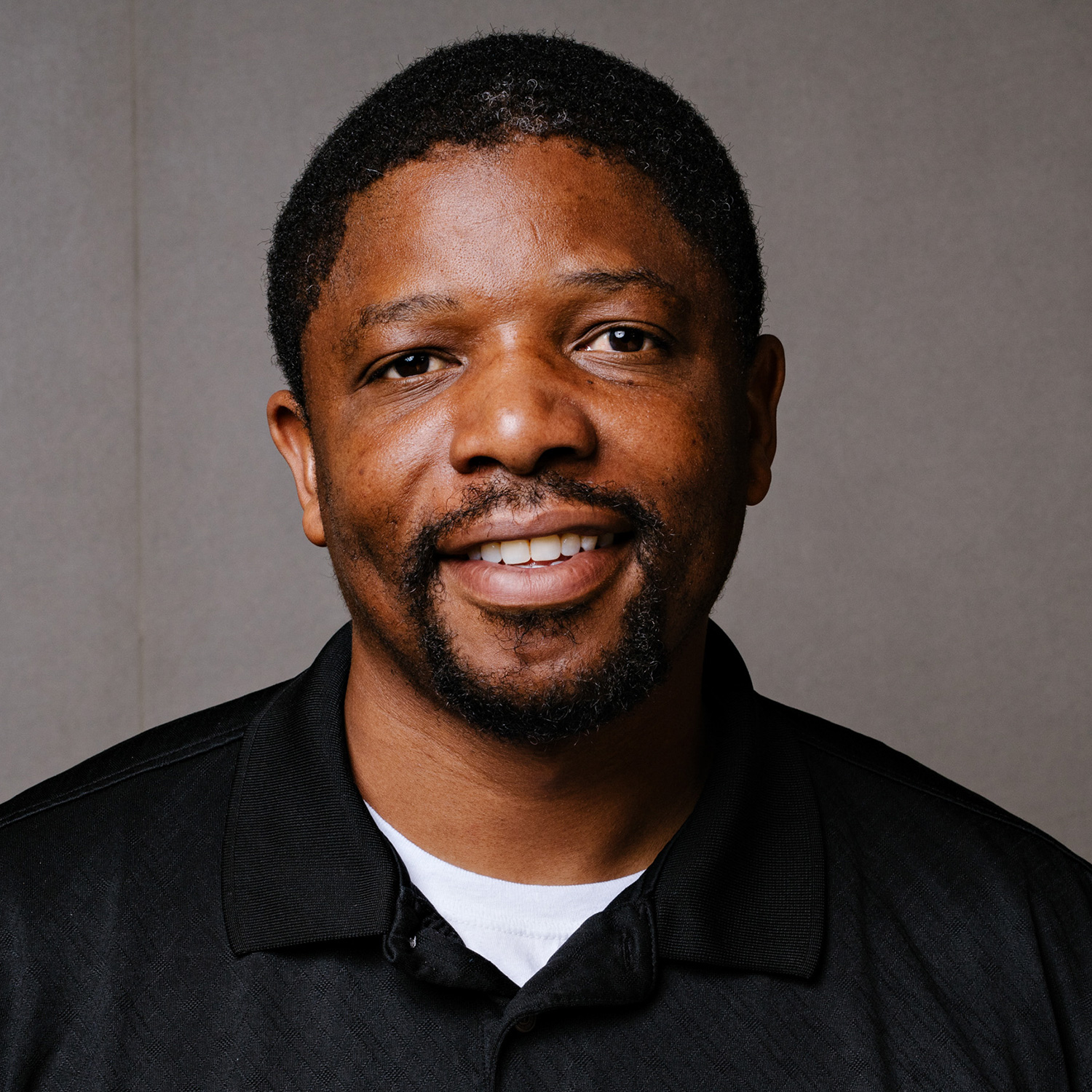
Indianapolis 500 champion Takuma Sato, of Japan, poses with the Borg-Warner Trophy at the Indianapolis Motor Speedway. Denver Post columnist Terry Frei was fired after tweeting that watching Sato win made him "uncomfortable"
I was thinking about dedicating this column to what happened in New York, with the decision by the Times to jettison its public editor position. But what happened in Denver deserves just as much attention.
What The New York Times did was unwise; its rationale for the decision confounding. What the nation’s most influential news organization did was akin to the New York Police Department claiming the head of its internal affairs unit was no longer needed because the Black Lives Matter movement can hold police officers accountable from the outside.
External pressure is good, necessary even, and we should welcome and cultivate it. But internal scrutiny—dedicated specifically to be a thorn in the flesh of those in power within an organization and an occasional defender from overwrought attacks—done well is more effective. Those inside have access to power brokers in a way outsiders never will. They understand internal processes and decision-making well enough to ask questions others would never consider. Because they are inside, the scrutiny means more; it stings more. It can’t be shrugged off simply as someone with an ax to grind or an inability to understand how things really work.
In times such as these, in which legitimate media must battle fake news outlets while also reassuring consumers who trust media less because of dubious coverage decisions we’ve made (like how we decided to cover the 2016 election or just about any Muslim-related terror attack), we need more public editors, not fewer. We need to be scrutinizing each other more, not less. Just as there are plenty of good cops within departments who have committed to getting things right, there are plenty of journalists with the same level of dedication. I don’t know many journalists who would accept from the NYPD the kind of explanation The Times proffered for scaling back on internal accountability, though.
I’ve said more than I wanted to on what is a clear-cut case of miscalculation by the Times. A more interesting development came over the Memorial Day weekend after a Japanese driver won the Indianapolis 500 and Denver Post columnist Terry Frei tweeted a racist sentiment about the winner.
Frei claimed it was “nothing personal” but that watching Takuma Sato win made him “very uncomfortable.” In an apology note, Frei revealed that his father had fought in World War II. “If you want to call me an idiot or if you want to call me a moron for saying what I did, that’s fine,” Frei said to Westword, an alternative Denver weekly. “But the idea that it’s based in racism is quite unfair, in my view, and I defy anyone to find any pattern of that in anything I’ve done in my life.”
A couple of things…
It was racist. It’s essentially a textbook definition of racism or, if you prefer, ethnic bigotry. Frei felt dismayed by the presence of someone from a country his father fought seven decades earlier. He literally held the actions of a group from the first half of the 20th century against a man who hadn’t even been born when the U.S. was fighting Japan, their only link being race (or ethnicity). I believe Frei when he says he isn’t a racist and has never displayed a pattern of racism. But in this particular instance, the racism is clear.
Frei should not have been fired for his racist hiccup. All Frei did was reveal openly the kinds of thoughts many inside newsrooms (and outside) harbor. They aren’t racist in the classic sense. They don’t go around shouting “n-word,” “n-word,” “n-word” at their dark-skinned colleagues. They despise David Duke as much as I do. But they are just as susceptible to bouts of occasional racism and ethnic bigotry as the rest of us.
The kind of stereotype Frei tweeted is rooted in the minds of many people who know it but will never admit it publicly—for fear of being judged harshly, or even losing their jobs. Such reactions contribute to a mass public denial that is neither good for the individual journalist nor for media outlets.
Newsrooms have collective blind spots concerning issues of race and ethnicity because it is nearly impossible to have an honest discussion about what’s going on in our heads. That has major implications for news coverage decisions going forward and can be damaging in ways we don’t yet understand. The U.S. is a rapidly browning country that includes tens of millions of white Americans who are fearful of or feel threatened by that change. Journalists will never attain the level of nuance and honesty required to explore that complexity until more self-examination is conducted. Firing anyone who dares to expose his inner thoughts in public makes such an examination less likely. That’s not good for journalists. Neither is it good for our readers, viewers, and listeners.


